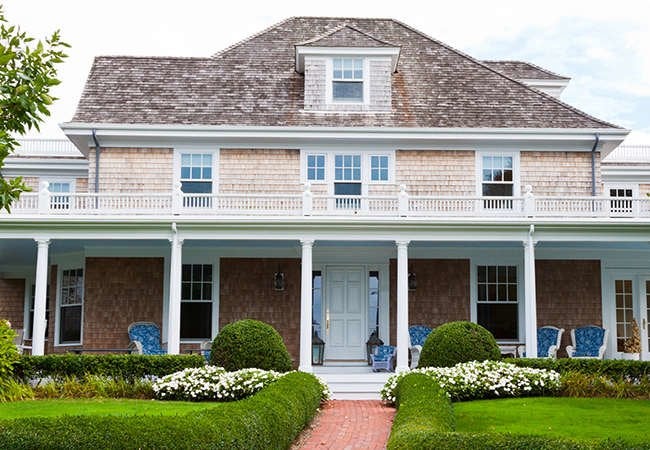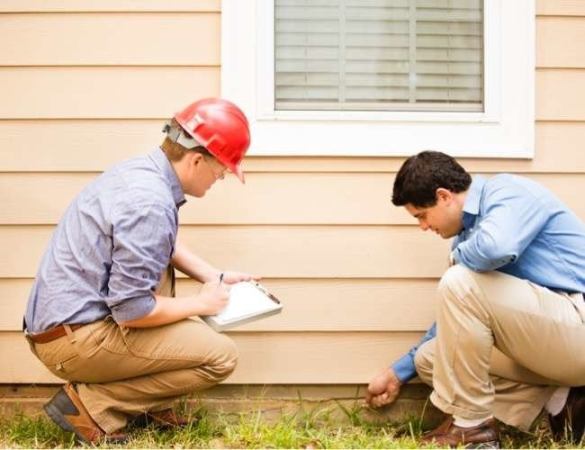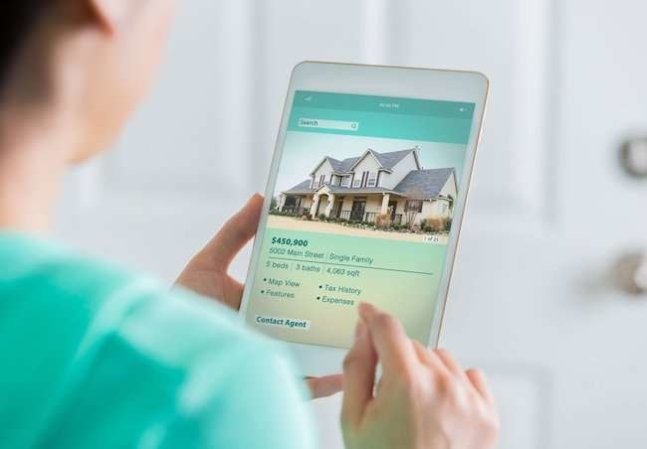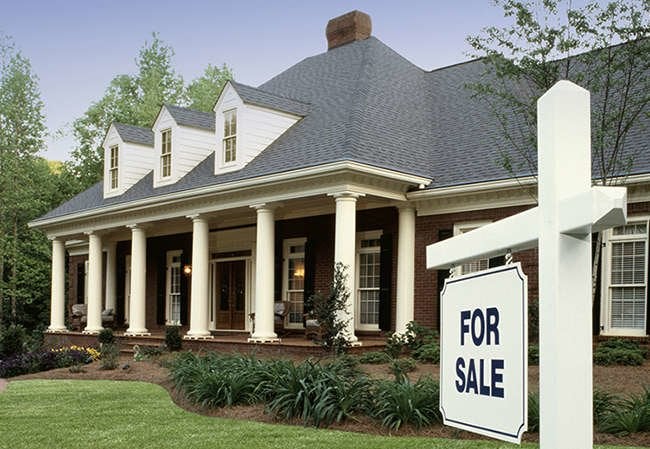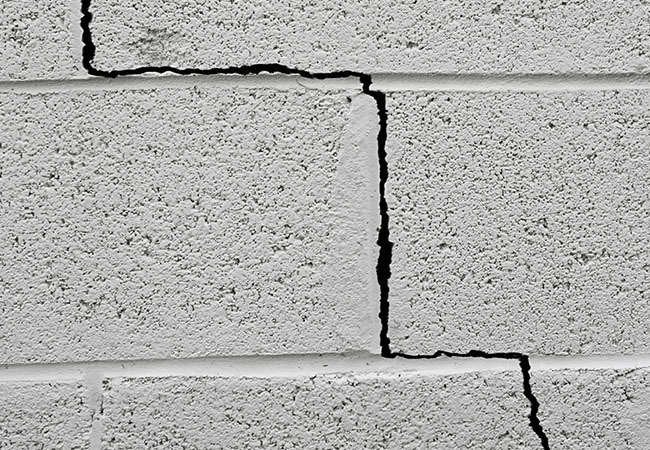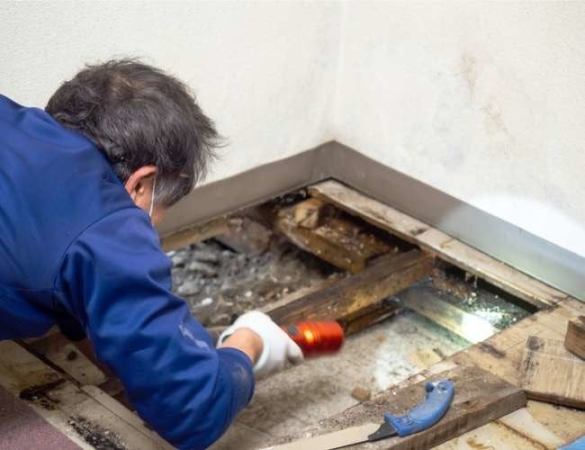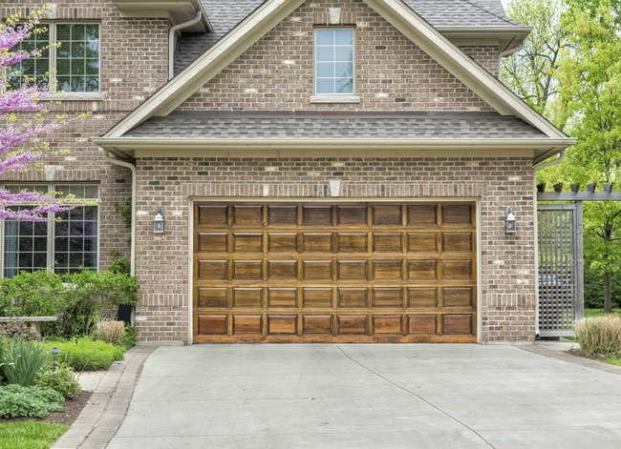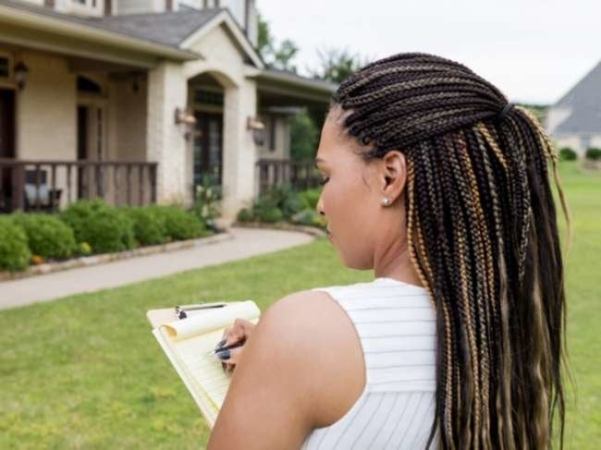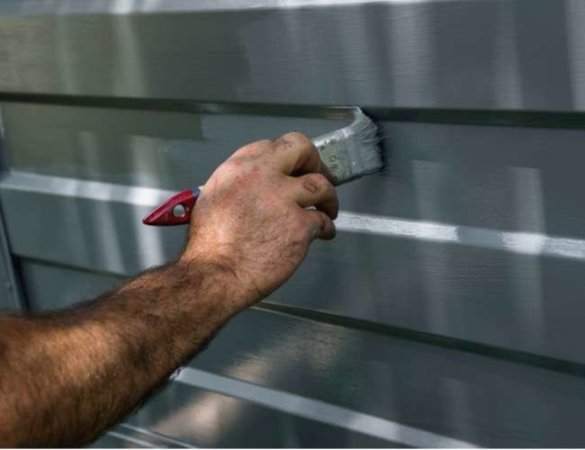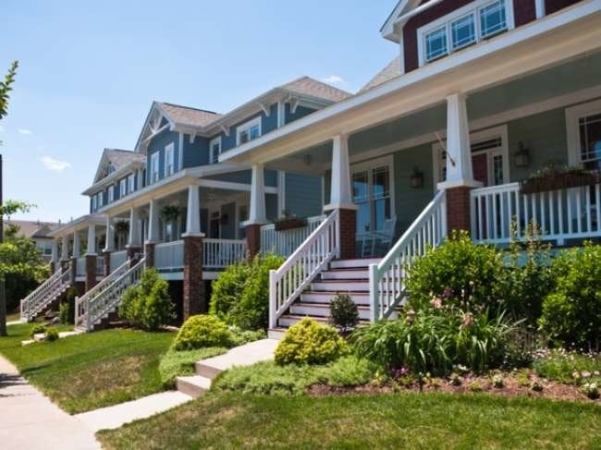We may earn revenue from the products available on this page and participate in affiliate programs. Learn More ›
Set Goals
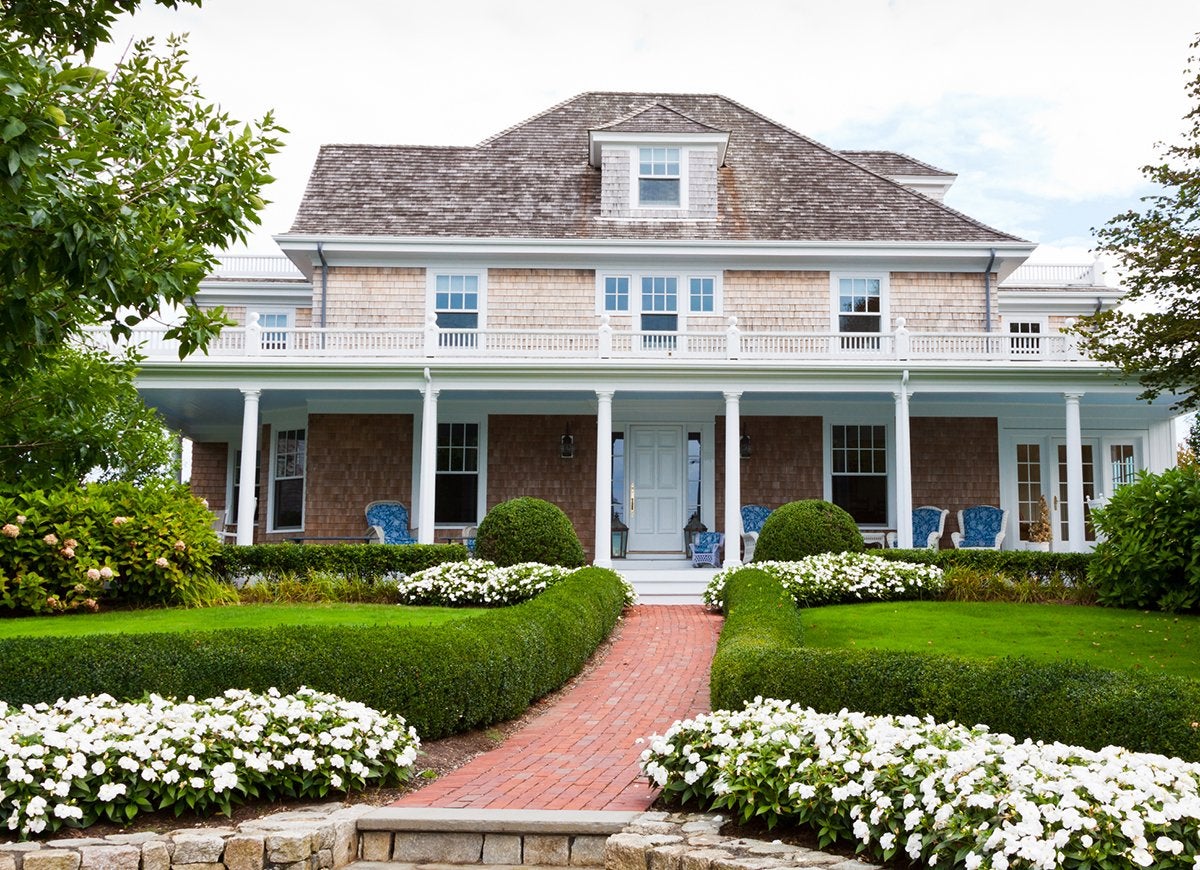
Odds are you don’t need the most expensive house in the area to be happy, but it’s easy to be lured into a high-end home if you don’t set firm guidelines. Plan a budget that includes mortgage payments to figure out how much money you’ll need left for all your other expenses. Then—keeping the following reasons in mind—establish a firm upper limit on how much you can spend, and tell your real estate agent not to show you homes above that set price.
You may have to pony up for private mortgage insurance.

If you can’t come up with 20 percent of the new home’s purchase price as a down payment, your lender will require you to purchase private mortgage insurance (PMI). which runs from .5 percent to one percent of the loan value. For example, if you buy a $250,000 house, but only have a $10,000 down payment, you could pay up to an additional $2,500 per year for PMI. If you purchased a $100,000 home and put down the same $10,000, you’d pay no PMI at all.
You’ll probably need to factor in furniture and appliances.
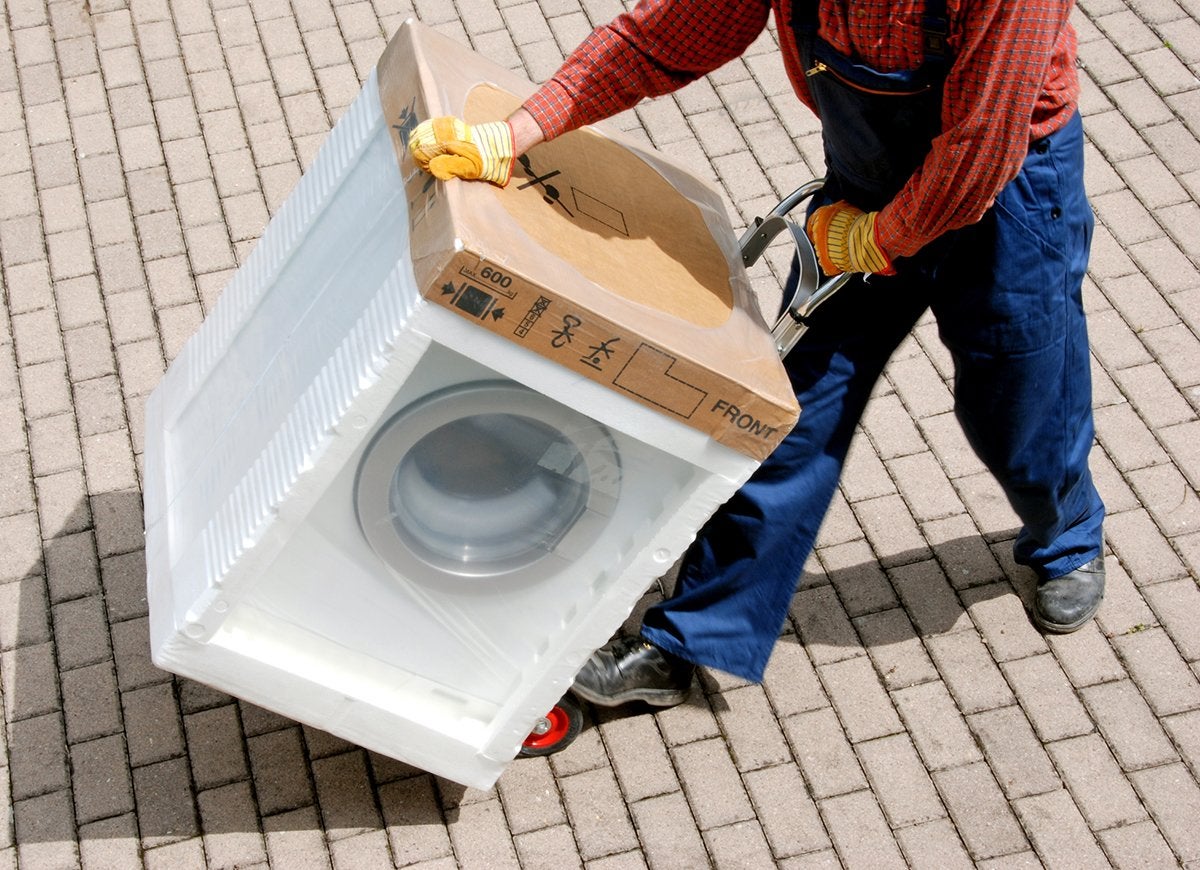
Since most homes don’t sell with furniture and/or appliances included, you’ll most likely need to purchase these big-ticket items, especially if you’ve been renting a furnished apartment up to now. If you buy a home at the top of your budget, you may be unable to afford quality necessities like a fridge or washer/dryer. Find a less expensive house and you’ll have some funds to equip it with furniture and appliances that will make it feel like home.
Costly repairs can happen.
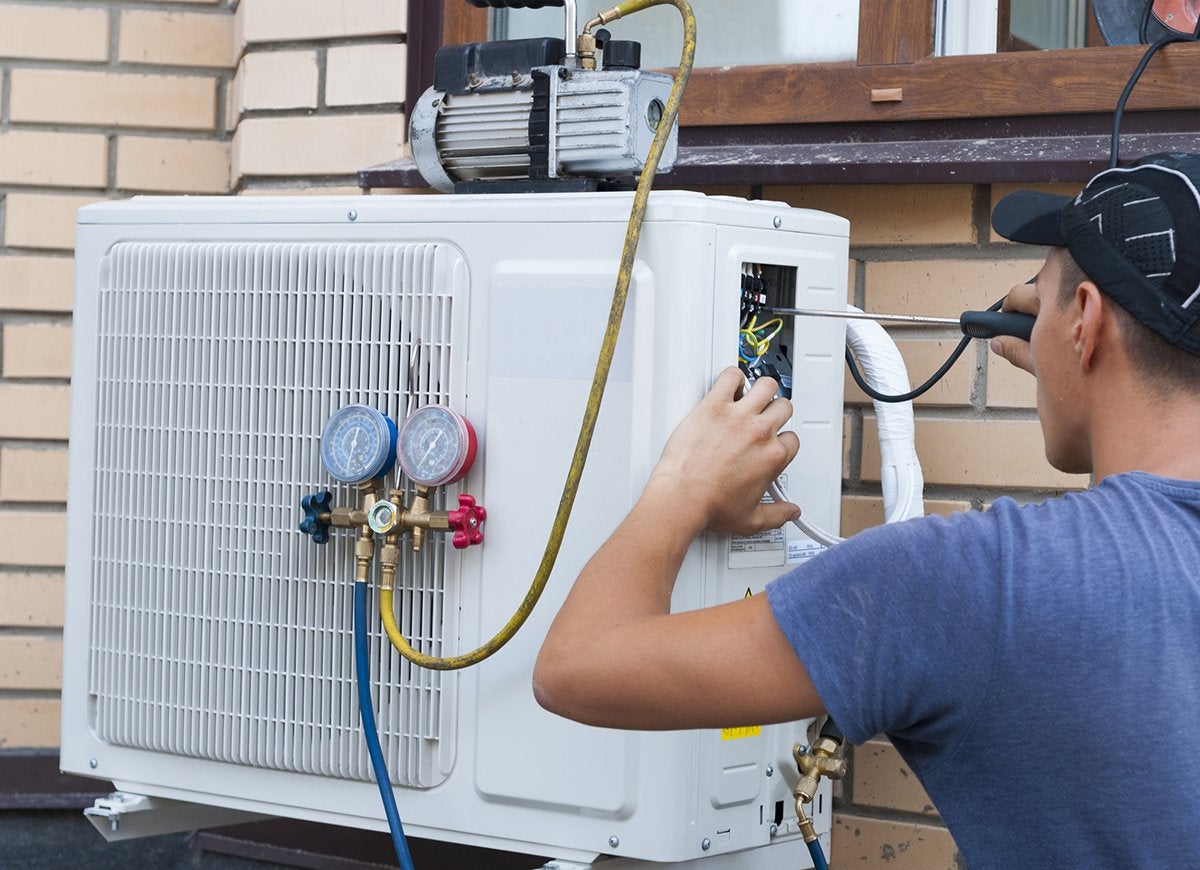
Your dream house could quickly become a nightmare if, for instance, the HVAC unit poops out and your insurance company doesn’t cover the replacement cost (they usually don’t). Paying a high monthly mortgage can leave you without enough money to contribute to an emergency fund for just such a purpose. You may end up having to take another loan just to cover the cost of repairs, which will stress your budget even more.
A high-end home can leave you “house poor.”

The term “house poor” refers to folks who spend most of their income on their home through mortgage payments, repair costs, property taxes, and utility bills, leaving little left over for other expenses. Being house poor is no fun when your friends are taking vacations and buying new cars, but you’re tapped out with that big mortgage payment and house-related bills.
You’ll want to remember to save for retirement.

Many financial experts, such as Fidelity Bank, suggest socking away at least 15 percent of your income toward retirement savings. If your mortgage payment and related housing costs are so high that you can’t afford to save for those golden years, you may have to work way past retirement age just to make ends meet. Buyiing a more moderate house now could mean more leisure time later.
A pricy house could hurt your kids’ college prospects.
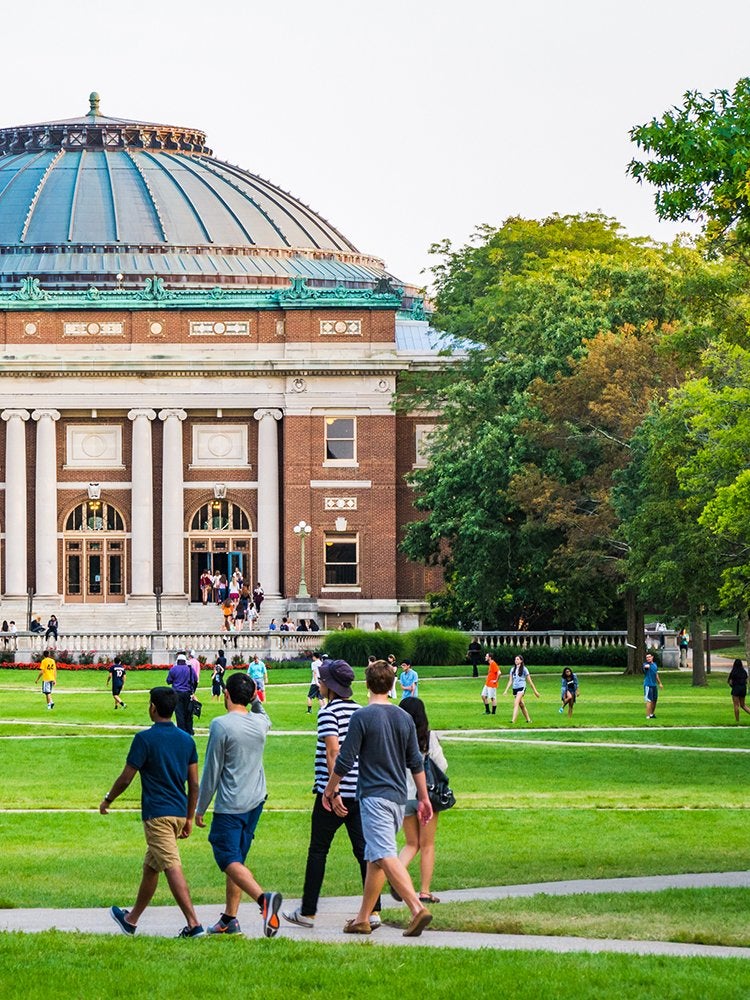
College is expensive, and many families apply for financial aid to help pay the tab for tuition, room, and board. Unfortunately, getting financial aid is based on parental income (until the student is 24 years old), according to the Motley Fool. So if you buy a costly house that doesn’t let you save for your kids’ education, their chances of receiving financial aid will still depend on how much money you earn—not how much you have in your bank account—and their options could suffer.
It’s simply not worth the stress!

Being short on cash and always living paycheck to paycheck doesn’t make for a happy life. According to CNBC, financial problems are the leading source of stress in couples and families. In the long run, having the fanciest house you can afford just isn’t worth all you’ll give up to hold onto it. A less expensive abode will leave you with money for savings, vacations, an emergency fund, and a college fund for the kids. And after all, the best house you can own is one filled with love!

